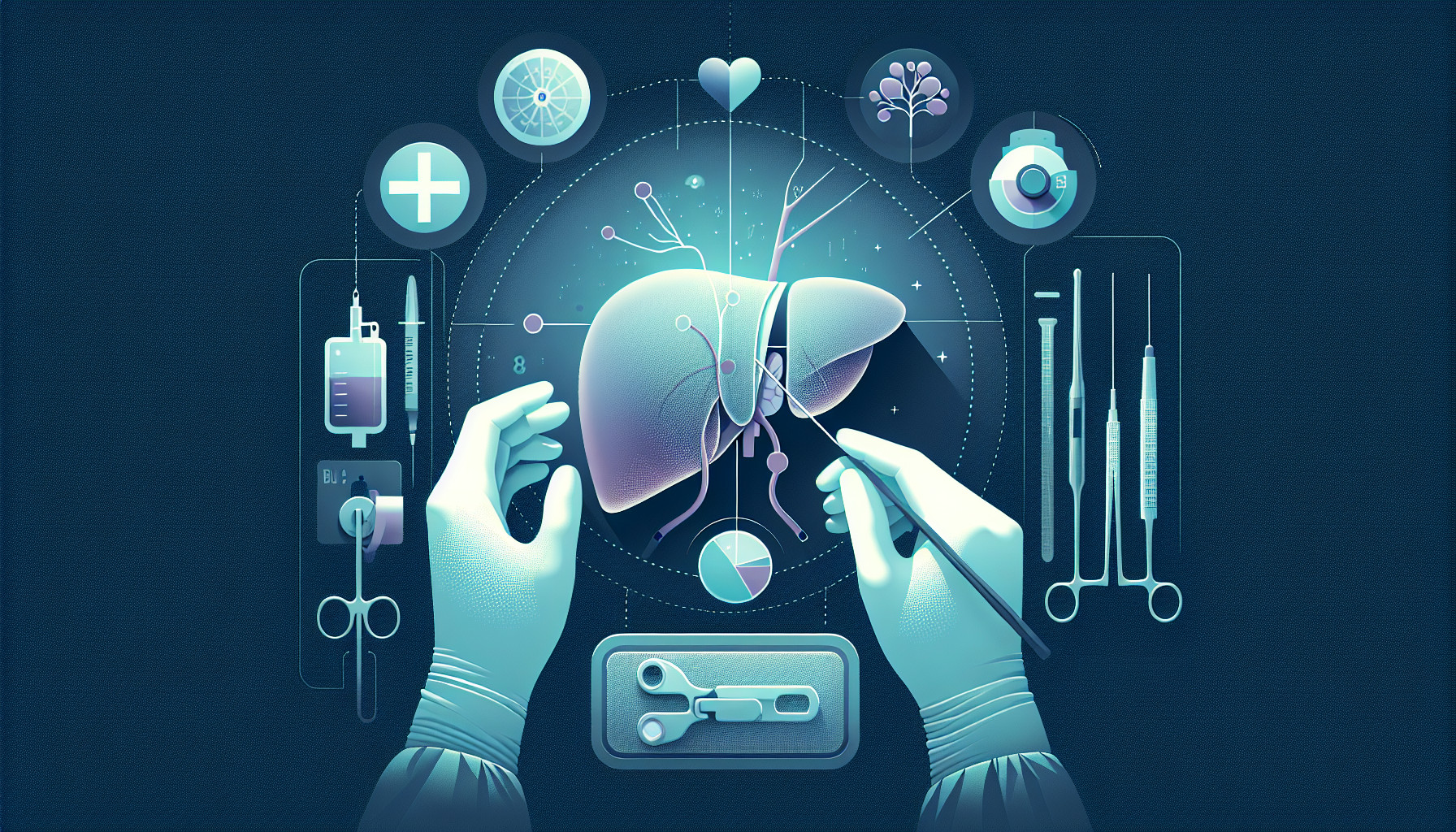Our Summary
This study looked at the number of children waiting for a liver transplant in the US, and what happened to them. They found that children who died or were removed from the list usually received only one offer of a liver, and had to wait around a month on average. They also found that out of all the livers offered to children, 47% were accepted straight away, while 53% were first turned down and then later accepted for a different child. Interestingly, they found that a significant proportion of children who either died or were taken off the list had previously been offered a liver which was then transplanted into a different child. The researchers suggest that children should be given higher priority for liver transplants, and that a better system is needed to decide who is most in need of a transplant.
FAQs
- What percentage of liver offers were immediately accepted for pediatric patients in the study?
- What was the average wait time for children who died or were removed from the liver transplant list?
- What did the researchers suggest to improve the pediatric liver transplant system?
Doctor’s Tip
One tip a doctor might give to a patient about pediatric liver transplant is to make sure to stay in communication with the transplant team and to be proactive in advocating for your child’s needs. It is important to ask questions, seek clarification on any concerns, and provide updates on your child’s health status. Additionally, it is important to follow the post-transplant care plan closely, including taking all medications as prescribed, attending follow-up appointments, and monitoring for any signs of rejection or complications. By staying informed and actively involved in your child’s care, you can help ensure the best possible outcome following a liver transplant.
Suitable For
Children who are typically recommended for pediatric liver transplant are those with end-stage liver disease or acute liver failure that cannot be managed with medical treatment alone. This may include children with conditions such as biliary atresia, metabolic liver diseases, liver tumors, autoimmune liver disease, or genetic liver diseases. These children may experience symptoms such as jaundice, ascites, fatigue, itching, and failure to thrive. Children who have failed other treatments or have complications from their liver disease may also be recommended for a liver transplant. Additionally, children with certain genetic conditions that may affect the liver, such as Alagille syndrome or cystic fibrosis, may also be candidates for liver transplant.
Timeline
Before pediatric liver transplant:
- Child is diagnosed with a liver disease that cannot be managed with medication or other treatments
- Child is placed on the waiting list for a liver transplant
- Child undergoes a series of medical evaluations and tests to determine their eligibility for a transplant
- Child waits for a suitable donor liver to become available
- Child may experience symptoms of their liver disease worsening, such as jaundice, fatigue, and abdominal pain
After pediatric liver transplant:
- Child undergoes the liver transplant surgery, which can take several hours
- Child spends several days to weeks in the hospital recovering from the surgery
- Child may experience complications such as rejection of the new liver, infection, or organ failure
- Child requires lifelong medication to prevent rejection of the new liver
- Child undergoes regular follow-up appointments and monitoring to ensure the new liver is functioning properly
- Child gradually returns to normal activities and experiences improved quality of life with a functioning liver
What to Ask Your Doctor
- How long will my child have to wait for a liver transplant?
- What criteria are used to determine who receives a liver transplant first?
- What are the potential risks and complications associated with pediatric liver transplant surgery?
- How long is the recovery process after a pediatric liver transplant?
- What medications will my child need to take after the transplant and for how long?
- How often will my child need to follow-up with the transplant team after surgery?
- Are there any lifestyle changes my child will need to make after a liver transplant?
- What type of support services are available for families of children undergoing liver transplant surgery?
- What is the success rate of pediatric liver transplant surgeries at this hospital?
- Are there any alternative treatment options to consider before pursuing a liver transplant for my child?
Reference
Authors: Hsu EK, Shaffer ML, Gao L, Sonnenday C, Volk ML, Bucuvalas J, Lai JC. Journal: Gastroenterology. 2017 Oct;153(4):988-995. doi: 10.1053/j.gastro.2017.06.053. Epub 2017 Jul 13. PMID: 28711630
